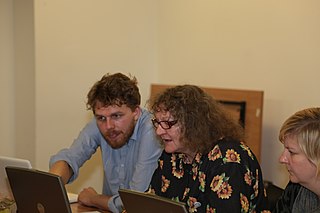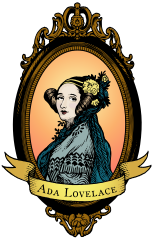
Around 55,000 people are diagnosed with breast cancer in the UK every year, affecting not only those people but also their families and friends.
As October is Breast Cancer Awareness Month, Wikimedia UK and leading UK breast cancer support charity Breast Cancer Care teamed up for an expert-led Wikipedia editing session designed to improve Wikipedia articles about breast cancer.
Millions of people see these articles every year: at the time of writing, the article for breast cancer had been viewed more than 261,000 times in the past 90 days. Because Wikipedia is often a first source for people looking for information it’s important that the content is as accurate and up-to-date as possible. That’s why Breast Cancer Care, the only UK-wide charity providing specialist support and tailored information for people affected by breast cancer, was keen to be involved in the editing session.
Julia Bell, Head of Publishing at Breast Cancer Care, said: “When Wikimedia UK contacted us to offer this session for our expert editors to work with some of their expert editors we jumped at the chance. We know how many people use Wikipedia and how important it is that anyone looking for information about breast cancer finds accurate articles that they can understand easily. There’s an awful lot on Wikipedia so we can’t hope to get to it all, but we’re delighted to have an opportunity to help where we can.”
The editing session took place on 22 October at the London office of Breast Cancer Care. It was a great success with improvements planned to a list of key articles prepared in advance. Breast Cancer Care provided those editing with source and reference material, making sure that the information on Wikipedia is accurate and up to date.
Stevie Benton, Communications Organiser for Wikimedia UK, said: “I’m grateful to Breast Cancer Care for their efforts in helping to improve these very important articles. So many people look to Wikipedia for information that it’s crucial that the chapter identifies ways to make Wikipedia better for those who need it and their families.”
You can take a look at the list of articles worked on during the event here. Given the success of this event a plan is developing for a similar event to take place during Prostate Cancer Awareness Month in March.












